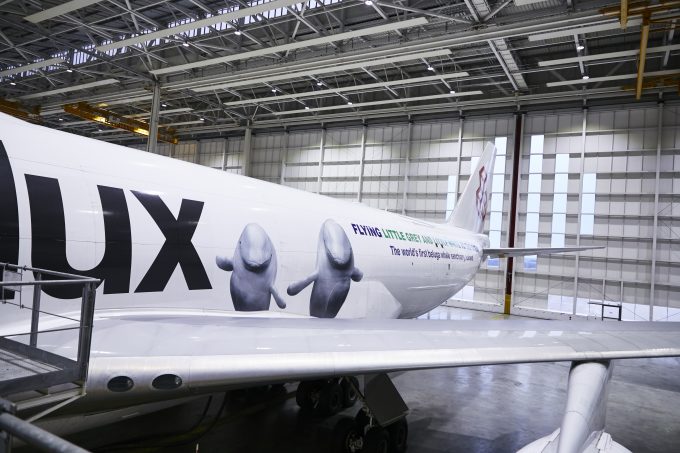Flood of ecommerce will provoke airfreight peak season capacity crunch
Widebody freighter aircraft will be “impossible” to charter by the fourth quarter. According to Pierre van ...

It’s hard to believe, but Cargolux, and its unions, are currently in negotiations over the new collective work agreement.
Why hard to believe? Well, remember the last time, in 2015. It was very messy: leaks to the media from staff and unions were frequent; management was elusive; and the atmosphere was febrile. True, the market was difficult. But the distrust between management and unions was tangible.
Fast-forward three years (the agreement expired in November) and one chief executive (Dirk Reich quit ...
MSC Elsa 3 sinking – now the 'blame game' begins
After DSV 'cuts the cake' on Schenker acquisition, time for redundancies?
Bad news for shippers as wave of transpacific rate increases continues
Houthis claim Red Sea safe for box ships not calling at port of Haifa
Shippers hold their breath as Trump appeals court ruling that tariffs are illegal
No deals with carriers, say Houthis – Red Sea safe for non Israel-affiliated ships
Schenker's Shirley Sharma Paterson moves to K+N as global head of sales

Comment on this article